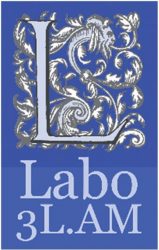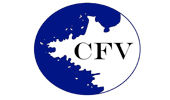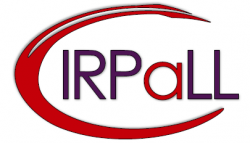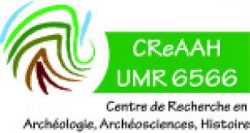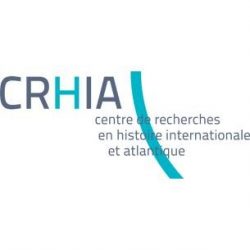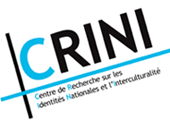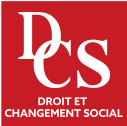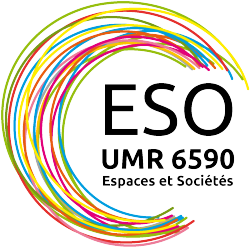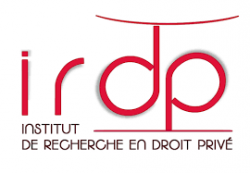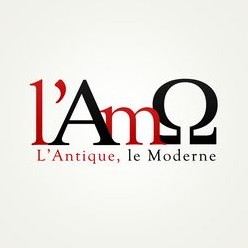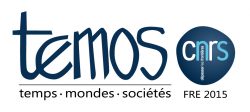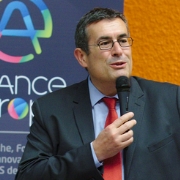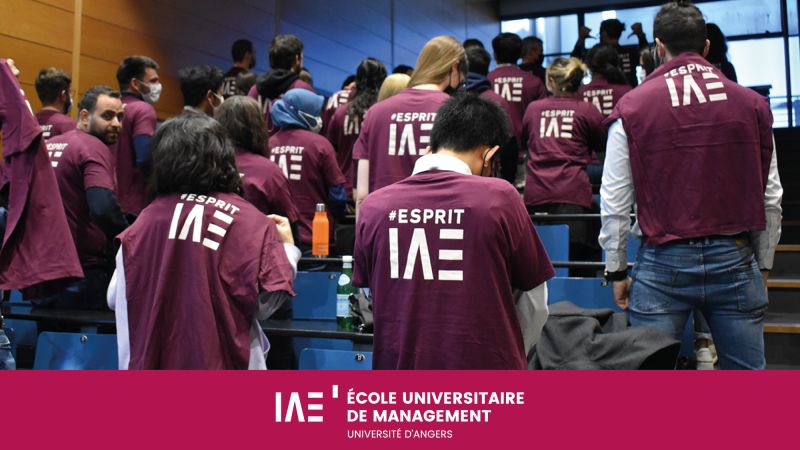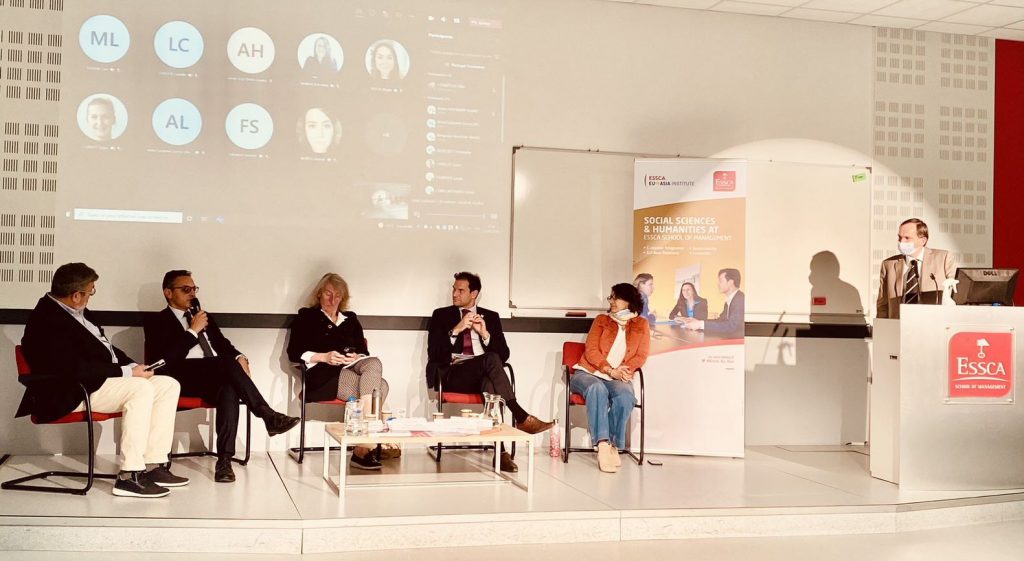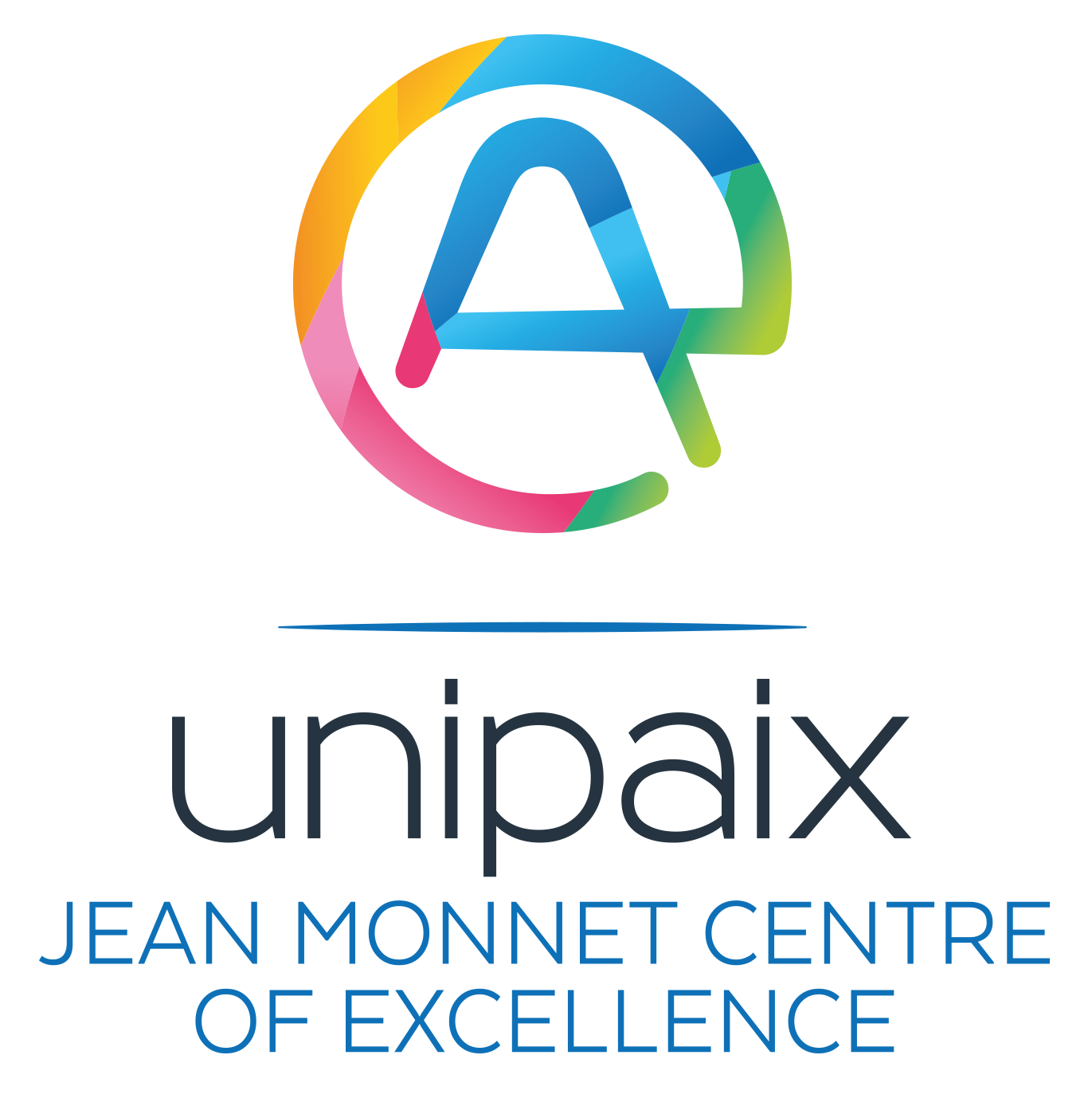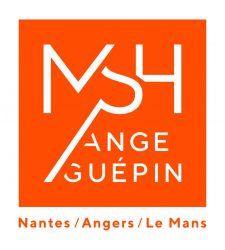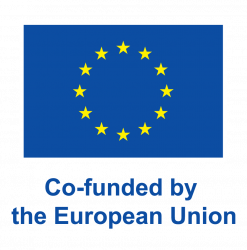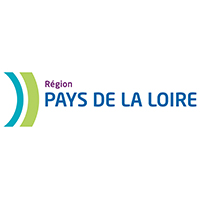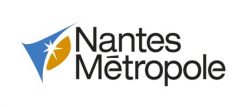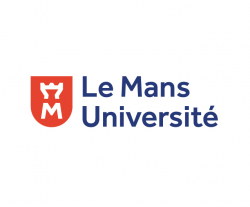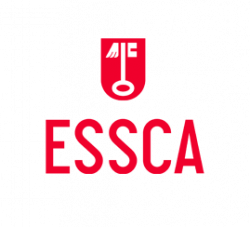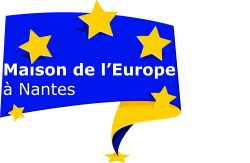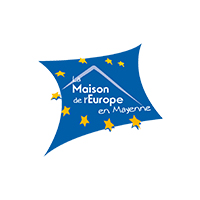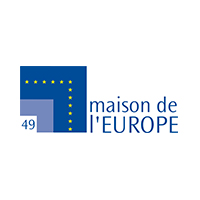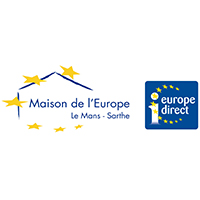80 teacher-researchers from 20 laboratories in 4 higher education establishments in the Loire region are developing the interdisciplinary research of the Institute for European and Global Studies in the field of languages, literature, human and social sciences.
Together, they study the societal, cultural and political challenges facing Europe in a globalized world.
To achieve this, they compare their scientific views and develop projects together.
In the framework of the Alliance Europa programme, the Institute supports the organisation of international conferences, the invitation of visiting lecturers, the international mobility of lecturers from the Loire region, and the setting up of large-scale projects in its thematic field. It promotes all the research work carried out in the field of European studies.
Supported projects
Two calls for projects, one in 2015-2016 and the other in 2016-2017, led to the support of three federating interdisciplinary research projects:
Two calls for projects, one in 2018 and the other in 2020, have supported the development of four international interdisciplinary networks:
In the framework of the call for International Research Networks projects launched in 2021, three projects with a maximum duration of 18 months, starting on July 1, 2021, have been selected:
The 2015-2020 scientific project
The Institute's scientific project has its origins in the observation that Europe is in crisis, confronted with a globalisation which, in all sectors, seems to marginalise it more and more every day, inflicting structural upheavals that are often misunderstood by fragile societies.
The main challenge is to identify and analyse these upheavals and to question the Europeans’ adaptability and their strategies to deal with phenomena in which they are actively involved but which are partly beyond them. The aim is to rethink the conditions of European integration within the framework of the globalisation process, but also to assess the impact of globalisation on the ways of acting, thinking and living together in Europe. Discover the scientific project >> ENGL- Alliance Europa - Priority areas 2018-2020
Scientific challenges 2020-2023
The results of our work and the evolution of the European and international context lead us to wonder about Europe, in a time of multiple transitions and faced with the major challenges of the contemporary world which impose the questioning of its economic, political, social and cultural model. The challenges to be taken up in this context require us to place citizens and individuals at the heart of the European project and European policies as major factors in these transitions, by looking in particular at local and regional territories, places of expression and places where Europeans live. "Human beings as a force for transitions" is the hypothesis that we put forward, focusing on the following dimensions:
- Citizenship, democracy and governance in Europe
- Citizens, territories and external policies of the Union, legitimacy and participation
- The Europeans and EU migration policies, participation, mobilisations, conflicts
- Ecological transitions and citizens' commitments in Europe
- Communities, cultures and heritage in Europe. Historical perspectives and new values in the digital age
To find out more about the Scientific Challenges 2020-2023 >>Alliance Europa -Priorities 2020-2023-eng
The laboratories involved
3L.AM – EA 4335 (UM, UA)
The Languages, Literature, Linguistics laboratory of the Universities of Angers and Le Mans (3L.AM Lab), Welcoming Team No 4335, is a Research Unit present on two sites, noted A by the Agence d’Evaluation de la Recherche et de l’Enseignement Supérieur (2011 evaluation campaign). It brings together 60 teacher-researchers (40 in Le Mans and 20 in Angers) and welcomes 40 PhD students.
http://3lam.univ-lemans.fr/fr/index.html
CDMO, Centre de recherche en droit maritime et océanique, EA 1165 (UN)
CDMO, Centre de recherche en droit maritime et océanique, EA 1165 (UN)
The CDMO is a research centre recognized as a hosting team for doctoral students (EA 1165). It was granted an A rating by the Scientific Research Evaluation Agency (AERES) in 2012, and again in 2016.
It brings together teachers, researchers and doctoral students in legal disciplines related to the world of the sea:
Law of the sea and use of the oceans, Maritime Law, Community Transport Law, Coastal and Maritime Heritage Law, Port Law, Social Law of Seafarers, Maritime Insurance Law, Protection of the Marine Environment, History of Maritime Law.
The CDMO’s scientific project is structured around three major axes:
– Marine spaces and environmental protection
– Maritime and port security and safety
– Maritime activities
CENS – Centre nantais de sociologie, FRE 3706 CNRS (UN)
CENS – Centre nantais de sociologie, FRE 3706 CNRS (UN)
Since 2004, the Nantes Centre for Sociology has been the only laboratory within the Sociology UFR of the University of Nantes. It is also the only sociology laboratory located in the Académie de Nantes and in the Loire region. It includes teacher-researchers from institutions other than the UFR of sociology: UFR STAPS, Catholic University of Angers, Ecole des Mines, IUT and ESPE of Nantes; it now has more than a hundred EC and PhD students: 7 professors (including 1 emeritus), 29 MCF (including 5 HDR), 34 PhD students, 40 associate researchers or young doctors.
https://cens.univ-nantes.fr/
CFV, Centre François Viète, EA 1161 (UN)
CFV, Centre François Viète, EA 1161 (UN)
The François Viète Centre for Epistemology and History of Science and Technology (EA 1161) has an interdisciplinary vocation and gathers researchers working on the epistemology and history of mathematics, earth and universal sciences, physical and chemical sciences, life sciences and medicine, as well as technology. The CFV now covers an inter-regional geographical area. Its members belong to the Universities of Nantes, Angers, Le Mans, Caen and Brest.
Centre Jean Bodin
The Jean Bodin Centre at the University of Angers is a research laboratory in law and political science. In 2008, the laboratory was awarded the status of welcoming team (CJB UPRES EA n°4337), for which it had applied in November 2006, by the Lettres Langues Sciences Humaines et Sociales (LL-SHS) research centre. This team (private law, public law, history of law, political science) includes 49 teacher-researchers and researchers, 42 PhD students and 3 administrative staff (BIATSS).
http://centrejeanbodin.univ-angers.fr/fr/index.html
CIRPALL, Centre Interdisciplinaire de Recherche sur les Patrimoines en Lettres et Langues, University of Angers
CIRPALL, Centre Interdisciplinaire de Recherche sur les Patrimoines en Lettres et Langues, University of Angers
The CIRPall laboratory (Interdisciplinary Research Centre for Heritage in Letters and Languages) of the University of Angers brings together a team of more than 45 teacher-researchers working in various disciplinary fields: languages, texts, arts and cultures.
CReAAH – UMR 6566 CNRS, (UM)
CReAAH – UMR 6566 CNRS, (UM)
The Joint Research Unit 6566 CReAAH "Research Centre for Archaeology, Archaeoscience, and History" is largely interdisciplinary, at the crossroads of Human and Social Sciences, Environmental Sciences and Physical and Chemical Sciences.
Under the supervision of the CNRS, the Universities of Rennes 1, Rennes 2, Nantes and Le Mans and the Ministry of Culture, with INRAP as a partner institution, CReAAH is characterised by its structuring and unifying position in the North-West of France, bringing together archaeologists, historians, archaeometers and palaeoenvironmentalists.
http://www.creaah.univ-rennes1.fr/
CREN
The Nantes Centre for Educational Research (CREN EA2661) is the educational research laboratory of the University of Nantes. It is based on different components: the UFR Lettres et Langues, the ESPE des Pays de la Loire and the Faculty of Psychology. It also includes researchers from the University of Maine. Being approved as a welcoming team by the Ministry of Higher Education and Research in 1995, it was awarded the A label by the Research Evaluation Agency.
The Research Centre for Atlantic and International History (EA 1163 – Universities of Nantes and La Rochelle)
The Research Centre for Atlantic and International History (EA 1163 – Universities of Nantes and La Rochelle)
The Research Centre for Atlantic and International History (EA 1163 - Universities of Nantes and La Rochelle) is one of the major historical research centres in Western France, approved by the Ministry of Higher Education and Research as part of the five-year contract 2017-2021.
This laboratory brings together researchers in ancient history, medieval history, modern history, contemporary history, literature and languages, totalling 151 members (48 full professors, 9 emeritus professors, 3 other researchers, 4 post-docs, 80 doctoral students and 7 administrative and technical staff) and 90 associate researchers around a common theme: “From the world to the Atlantic, from the Atlantic to the world: methods, spaces and actors of international exchanges from the Antiquity to the present day”.
https://www.crhia.fr/en
CRINI (Centre for Research on National Identities and Interculturality – EA 1162 (UN))
CRINI (Centre for Research on National Identities and Interculturality – EA 1162 (UN))
The Centre for Research on National Identities and Interculturality brings together the research in civilization, linguistics and literature, carried out in several cultural areas, by the teacher-researchers of the different departments of the UFR. The CRINI has set itself the goal, through numerous publications and conferences, of elucidating national cultural specificities/identities and their interferences/interactions. It benefits from the contribution of a large network of foreign researchers regularly associated with its activities.
http://www.crini.univ-nantes.fr/
Droit et changement social, UMR 6297 CNRS (University of Nantes)
Droit et changement social, UMR 6297 CNRS (University of Nantes)
DCS (Law and Social Change) is a joint research unit between CNRS and the University of Nantes, with a legal focus and whose aim is to develop interdisciplinary relations. The common basis of the laboratory lies in its overall objective: to understand the role of law in the transformations of contemporary society. DCS emphasizes the observation of practices and approaches for evaluating the effectiveness of legal norms.
http://dcs.univ-nantes.fr
ESO, Espaces et societés, UMR 6590 CNRS (UN, UM, UA)
ESO, Espaces et societés, UMR 6590 CNRS (UN, UM, UA)
ESO – Espaces et Sociétés has nine CNRS researchers, nearly 120 teacher-researchers, 16 ITAs and about 130 PhD students. It has grown from a geography unit of Western France to a multidisciplinary unit based in Western France but open to a variety of fields. It brings together geographers, planners and researchers from other disciplines (sociology, environmental psychology, info-com, architecture and urban planning) located on 5 sites, including Nantes, Angers and Le Mans.
The scientific objective is to contribute to the apprehension and understanding of the spatial dimension of societies.
EU-Asia Institute (ESSCA)
EU-Asia Institute (ESSCA)
The Eu-Asia Institute is the research centre for interdisciplinary European Integration Studies of the ESSCA Angers School of Management.
http://www.essca.fr/EU-Asia/
GRANEM, UMR 49 (UA)
GRANEM is a multidisciplinary research team (economics and management) of the University of Angers, attached to the CNRS Federation n°3435 TEPP (Travail, Emploi et Politiques Publiques). This hosting team n° 7456 gathers 51 teacher-researchers, 48 PhD students, 1 post-doc and 3 BIATSS.
IRDP, Institut de recherche en droit privé, EA 1166 (UN)
IRDP, Institut de recherche en droit privé, EA 1166 (UN)
The IRDP is one of the three research centres of the Faculty of Law and Political Science of the University of Nantes. It brings together more than 30 lecturers and professors and 45 doctoral students. Its activities focus on personal and family law, contract law and economic activities, innovation and culture, justice and international law.
LEMNA – EA 4272 (UN)
The Nantes Atlantic Economics and Management Laboratory brings together all the researchers in economics and management from the University of Nantes, the ITM Atlantique (formerly Mines Nantes) and the École Nationale Vétérinaire, Agroalimentaire et de l’Alimentation Nantes-Atlantique (ONIRIS).
https://lemna.univ-nantes.fr/
L’AMO, L’Antique, le Moderne, EA 4276 (UN)
L’AMO, L’Antique, le Moderne, EA 4276 (UN)
L’AMO is a research centre in literature attached to the UFR Lettres et Langages of the University of Nantes. Its status as a hosting team (EA 4276) was recognized by the Haut Conseil d’Evaluation de la Recherche et de l’Enseignement Supérieur (HCERES). L’AMO currently has 40 permanent members from the departments of Classical and Modern Literature, Italian and English Studies, and Foreign Languages and Cultures of the University of Nantes, in addition to 26 associate members, 5 emeritus members and 38 doctoral students, 1 administrative secretary and 1 research engineer.
LETG, Littoral, environnement, télédétection, géomatique, UMR 65554, Geolittomer (UN)
LETG, Littoral, environnement, télédétection, géomatique, UMR 65554, Geolittomer (UN)
The scientific field of this unit is environmental geography. Thanks to its expertise in human geography, physical geography and geomatics, LETG’s scientific programme aims to contribute to our knowledge of nature/society interactions, through a modelling and integrative approach of the geographical interfaces between land, sea and atmosphere.
TEMOS – CNRS FRE 2015, Universities of Angers, South Brittany, Le Mans
TEMOS – CNRS FRE 2015, Universities of Angers, South Brittany, Le Mans
TEMOS (Times, Worlds, Societies) brings together teacher-researchers and research support staff from the universities of Angers, Southern Brittany, Le Mans and the CNRS.
TEMOS is a two-year research training programme (FRE 2015), with sixty full members and as many doctoral students working on the four periods of history, from antiquity to the very present day (sections 32 and 33 of the CoNRS). Their research focuses on various human organisations and geographical areas conducive to international cooperation; their subjects are multi-disciplinary, resulting in numerous collaborations with other disciplines: literature, law, political science, geography, life sciences, medicine, environment.
https://temos.cnrs.fr/
International partners and networks
The Institute for European and Global Studies has developped strong partnerships with privileged partners :
- the University of Montreal (UdeM) in Canada
- the University of Geneva (Unige) in Switzerland
- Saint-Louis Louvain University in Brussels, Belgium
- the University of Bologna (Forli campus) in Italy
The Institute is also a member of UACES network.
More information about Alliance Europa's international strategy >>
Support
MICHEL CATALA
Professor of Contemporary History at the University of Nantes - Director of the Institute for European and Global Studies.

